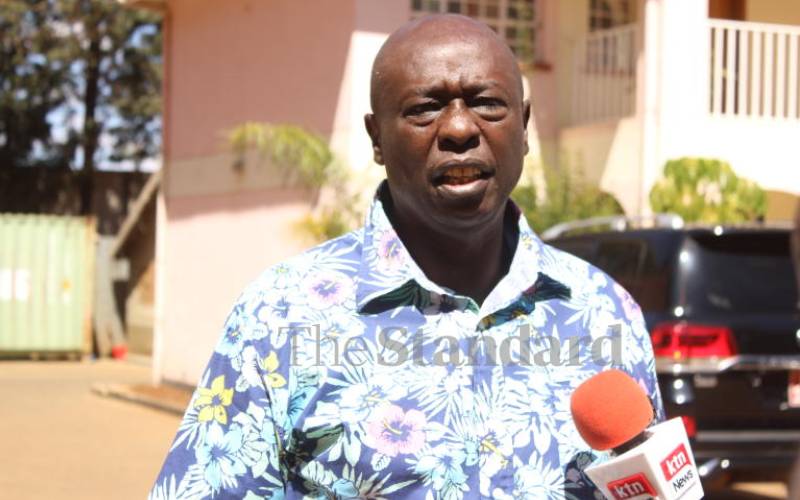×
The Standard e-Paper
Fearless, Trusted News

Kenya Kwanza deputy presidential candidate Rigathi Gachagua has claimed that police in the US drive drunk drivers home and that Kenya should borrow a leaf.
In a political rally in Kiambu, Mr Gachagua said if deputy President William Ruto-led camp wins the presidential election come August 9, 2022, their administration would ensure drunk people are not arrested.